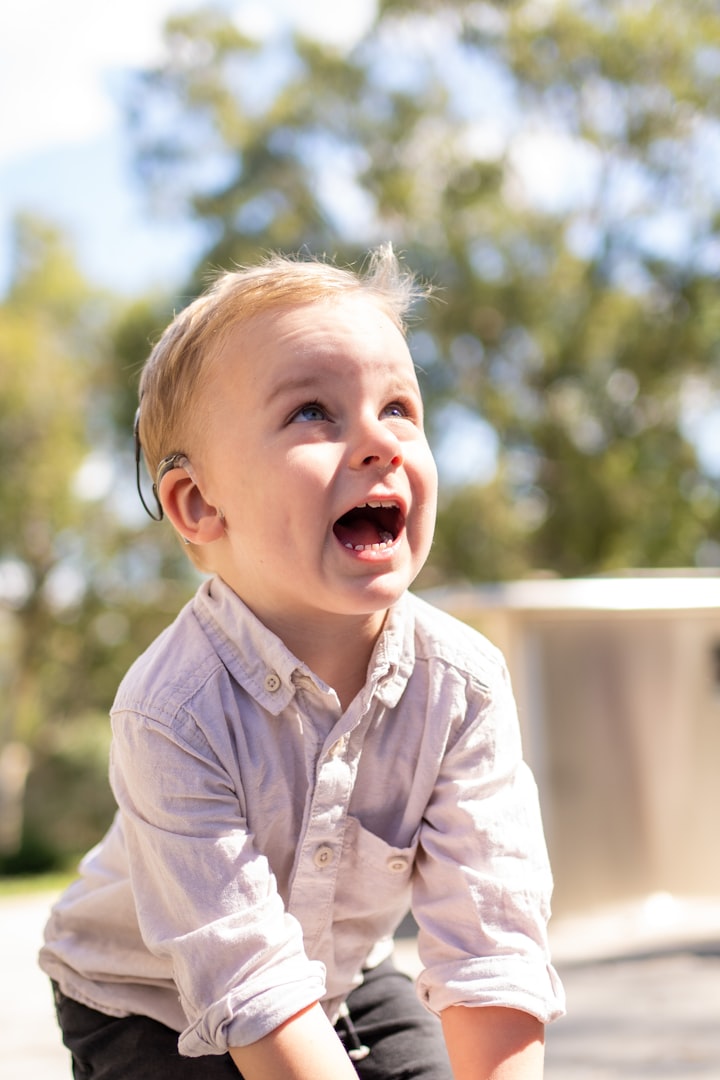
Punishment is also a form of care for the child, so when a child does something wrong, it must be given. However, Mother University reminds us: punishment must be done carefully.
Punishing your baby is one of the ways every parent can nurture their children and correct their mistakes. As the saying goes, there are no rules, and children who make mistakes naturally need parental education and punishment. But the University of Mothers reminded us: punishing the baby should also be a scientific and effective way, once the punishment is not appropriate, not only the baby's behavior does not play a regulatory role, but also may make the baby's behavior reverse development. So how exactly should parents punish their children?
Mother University: it is best not to corporal punishment, but should be through dialogue so thatthe childdrecognizese the error, which is also relative to a spiritual punishment. Do not mix in the personal emotions of parents when punishing their children, they should be given appropriate punishment.
Too improve the effectiveness of punishment, it is also very important to take action after the punishment. After being punished, children should be praised and rewarded if they do something good again, so that they will understand that their parents care about them and not point to punish them. Also, on the day that your child is punished, at night when you go to bed, make sure you tell your child that punishing them is not because you hate them, but to help them become a better person. This way the child can sleep peacefully and happily greet the new day.
Ways to punish your child
1. Punish in moderation
The purpose of punishing children is to cause benign transformation of children, so the "amount" of punishment must be in line with the child's behavior. Too much punishment is likely to cause confrontation in children, and too little is not enough to make children learn from it. Therefore, punishment should be based on the principle of achieving the goal, and should not be lightly or abusively "punished".
2. Parents should cooperate
The parents should cooperate in educating their children and have the same attitude. TheawarTheaward shoulddbee solemnly awarddd, so that the child can experience the joy of being awarded; the punishment should also be a clear attitude ,a decisive measur, so that they know their mistakes. Only in this way can we cultivate our children's character of distinguishing right from wrong and knowing that mistakes are corrected. If, after punishing the child, one of the parents thinks that the child has been wronged and then consoles him with money or food, this will make the punishment useless. For this, you can be advised to watch the Mother's University "Children's Manual", parenting children is a discipline, when parents need to learn more.
3. Do not take it out on the child
Parents inbaddmooddareas areares easy to turn their bad mood totheirchildrenethee consequences are often unimaginable. For one thing, children are punished withoutfaill parents make big deal ou which will make the child feel unjust. The second is that if parents can't control themselves at this time and make the punishment escalate, it will often intensify the child's rebellion against his or her parents. Therefore, parents should not punish their children when they are in a bad mood.
4. Don't be sarcastic sarcastic
Parents should not punish their children sarcastically, and they should not accuse and abuse their children at will because they think they are "my children". This will hurt the child's self-esteem. Therefore, parentsshouldremember thatfthat punishing their children is to help them correct their mistakes, never to stab their children's self-esteem for the sake of a moment of pain in the mouth.
5. no nagging
Some parents like to lecture their children endlessly, the child is intimidated by the parent's authority, to avoid the pain of the flesh, and can only have no choice but to say "heard" he may not listen to anything or simply did not listen. So, when the child makes the same mistake next time, the parents say that the child "does not take my words seriously" and that the child "does not listen". This is not because the child does not listen, but because the parents nagging too much; in addition to regular nagging more, will also lead to children's ears being "deaf", so that the lesson lost effect. Therefore, parents in the education of children must change the nagging problem, everything to the point.
No one is perfect. Everyone is not perfect, everyone will make mistakes. When parents are faced with a child who has made a mistake, the only way we can help our children correct their misbehavior and achieve the correct purpose of punishment is to choose the right and effective way to punish them. Family education is to be methodical and skillful, parents often know more about how to channel their children psychologically, no doubt, rewards and punishments are essential means of family education, parents use rewards and punishments wisely to get twice the result with half the effort.
About the Creator
Sal Tori
Education is what remains after one has forgotten everything one has learned in school.






Comments
There are no comments for this story
Be the first to respond and start the conversation.